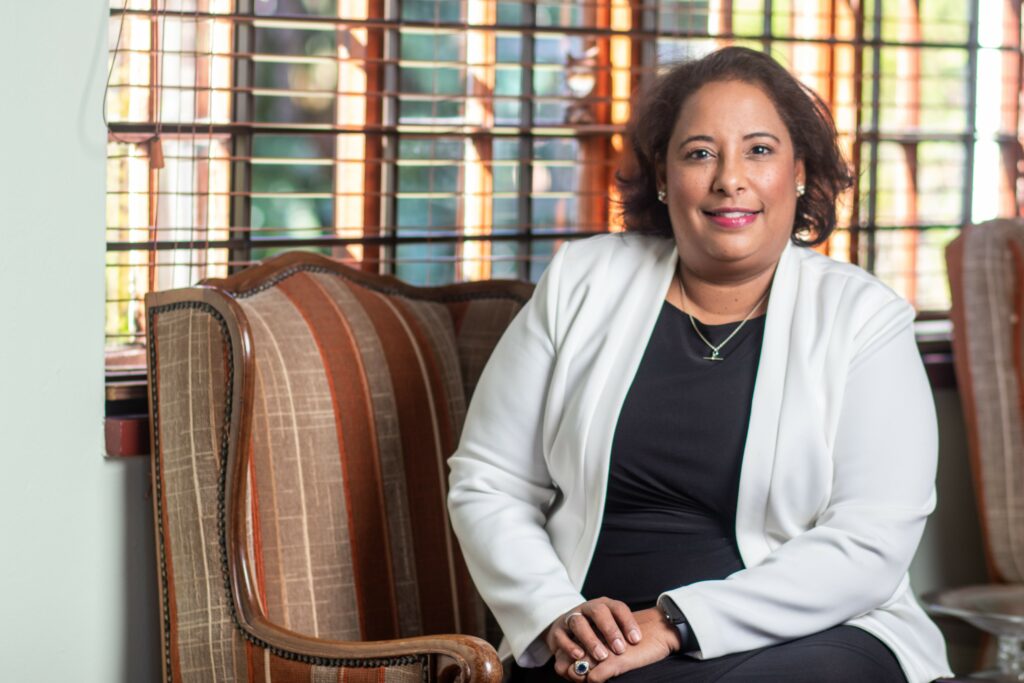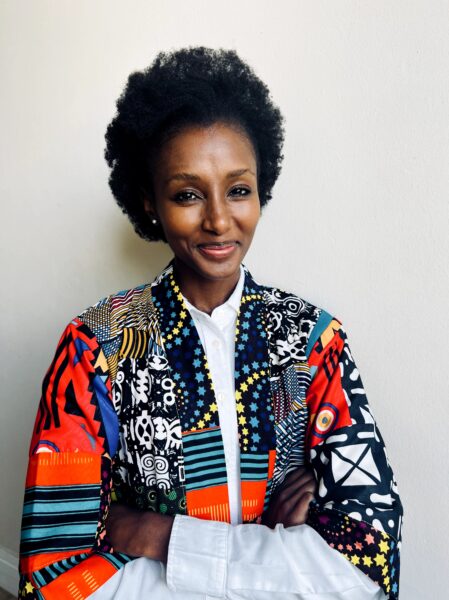Financial Mail Women
The Path To Becoming A Nonexecutive Director
While South Africa trails behind some countries in the formalisation of professional nonexecutive directorships, more and more people are choosing this career path. “Formally, however, we have a long way to go to professionalise directorship like other professions, with vetting of competence, adherence to a code of conduct and requirements for continued professional development,” says Parmi Natesan, CEO of the Institute of Directors South Africa (IoDSA).
Acquire knowledge and skills
Many directors start with university qualifications in business, finance or law. But directors also need specific knowledge, skills and experience to be competent in the role. “The IoDSA’s Director Competency Framework (DCF) contains competencies that any director should have,” says Natesan. “These are split into functional competencies (knowledge areas) and personal or social competencies to serve effectively.”
The IoDSA, a voluntary professional body for directors, is pushing for the professionalisation of nonexecutive directorship with two SAQA-registered official designations for directors underpinned by the DCF. “Certified Director is an entry-level designation that means we assess the person as having the necessary knowledge of corporate governance to serve as a director,” says Natesan. “The IoDSA exists to promote and improve directorship and corporate governance in South Africa.”
The higher designation of Chartered Director SA signals to the market the candidate also has the knowledge, skills and experience to serve as a director with competence.
Educate yourself continuously
Keep up with industry trends, regulations and governance practices. “What got you into the boardroom is not necessarily going to keep you in the boardroom because you have to be learning continuously,” says Joy-Marie Lawrence, founder of Boardvisory and governance specialist at IoDSA. “Stay abreast of new technologies and terminologies and what is happening in the world. Read widely to understand issues and their potential impact on your company.”
IoDSA holds seminars, workshops, and other training programmes related to corporate governance and board responsibilities.
Network and establish your professional brand
Building a professional network is crucial for finding opportunities to serve as a nonexecutive director. Engage in activities that allow you to connect with business leaders and influential individuals within your desired sector.
“Although voluntary, joining professional associations such as IoDSA allows you to connect with fellow directors and build your professional brand,” says Natesan.
“Come network with the right people; get your name heard in the circles of governance and directorship.”
“Effective networking means being prepared to answer the question: what is the value you will bring to a board?” says Lawrence. “Tell people you are available and what you would bring to the table. Have the courage and the confidence to show up, speak up and own your seat.”
Gain experience
It can be difficult to get experience. “Look out for opportunities to serve on boards,” says Natesan. “Perhaps volunteer as a nonexecutive director on a nonprofit board to gain experience.”
Women on boards
“We need more women on boards not so they can fit in, but because women are different, and we need diversity to bring about better solutions,” says Natesan. “If you get the opportunity, be authentically the woman you are and let the rest of the directors see the value of having this balance between women and men on boards.”
“Women often need to overcome the biases of others – age, gender, race or experience,” says Lawrence. “Or boards that don’t see the need for diversity. So we must challenge the assumptions some have about not finding suitable women for the boardroom.”
IoDSA and Boardvisory also run the Women on Boards Foundation Programme, focusing on softer skills, such as how to approach your first meeting, what to do if the majority of the board are men, how to show up as a woman who can add value. “Globally and locally, there is lots of pressure to increase diversity on boards, so the future holds great opportunities for women,” says Natesan. “Young women must ready themselves now – do the training, get the designations, build your personal brand, engage on a deep level – so that they see you as someone that can add value. Then, when they hear of an opportunity later on, your name will come to mind.”





